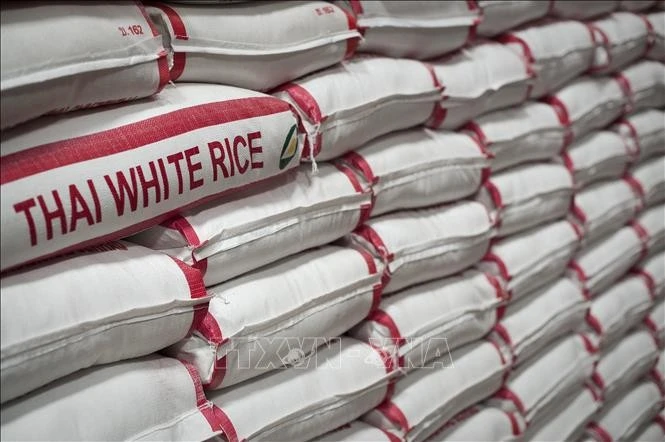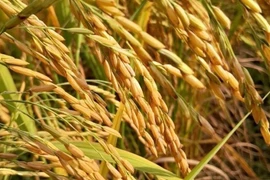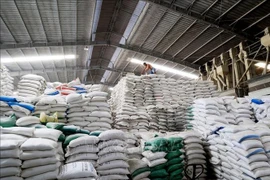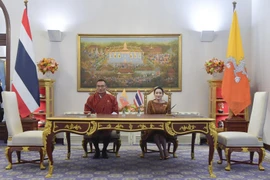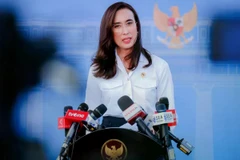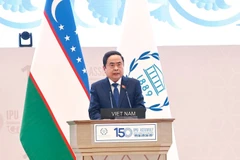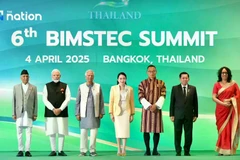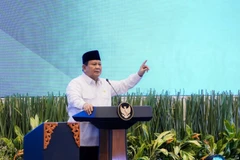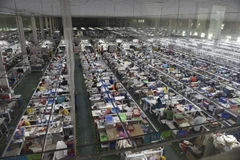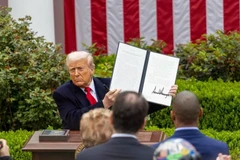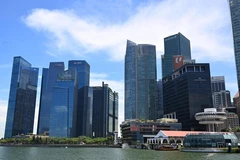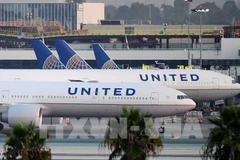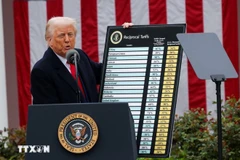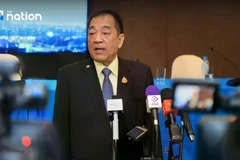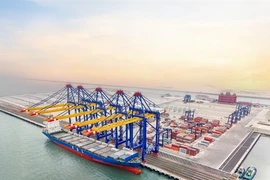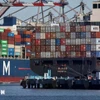Hanoi (VNA) – Prices of rice shipped from Thailand declined to an over three-year low this week due to US President Donald Trump’s move to impose import tariffs and an existing market surplus.
Meanwhile, India’s rice export prices neared a two-year low on subdued demand. The US announced to impose a flat 26% tariff on all goods being exported by India to the US, a 36% tariff on goods from Thailand, and 37% on Bangladeshi products.
Thailand’s 5% broken rice fell to 395-400 USD per tonne, its lowest since January 2022.
Meanwhile, India’s 5% broken parboiled variety was quoted at 392-400 USD per tonne and fell to its lowest level in nearly 22 months on subdued demand from African buyers amid ample supplies. Indian 5% broken white rice was priced at 380 – 385 USD per tonne this week.
Overseas buyers incurred losses due to the sharp drop in prices over the last few weeks, so they are cautious about new purchases, said Himanshu Agrawal, executive director at Satyam Balajee, a leading rice exporter.
According to traders, Vietnam’s 5% broken rice was offered at 405-410 USD per tonne.
A Ho Chi Minh City-based trader said that prices edged up as the major winter-spring harvest is almost over. The Trump administration’s new tariffs will not have any direct impacts on rice exports from Vietnam.
Traders said domestic prices are also rising, led by prices of fragrant rice.
Meanwhile, domestic rice prices in Bangladesh stayed elevated despite efforts to import the grain, hitting consumers hard./.
